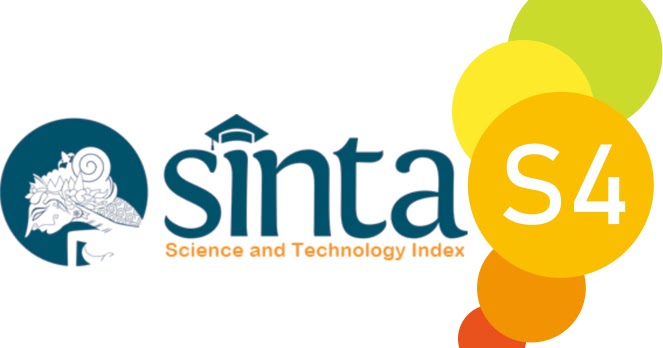PENGARUH JENIS ROLE STRESS PADA KINERJA AUDITOR DENGAN BURNOUT SEBAGAI INTERVENING PADA KAP DI BALI
Abstract
Auditor is profession with high level of stress that lead to burnout. The intention of this study is to
obtain observed information of the effect of role conflict, role ambiguity and role overload on auditor
performance. To obtain empirical evidence of the effect of role conflict, role ambiguity and role overload
to burnout. To achieve observed information of the impact of burnout on auditor performance. To
persuade the capability of burnout in mediating the effect of role conflict, role ambiguity and role
overload on auditor performance. The population of this research is all public accounting offices in Bali
Province. The sample is chosen by purposive sampling method with criteria of auditors with working
experience at public accounting office at least one year and auditors who have done minimum one audit
assignment. Data are analyzed using path analysis. The test outcome show that role conflict and role
ambiguity have negative impact to auditor performance. Role conflict, role ambiguity and role overload
have positive effect on burnout. Burnout is able to fully mediate the negative effect of role conflict, role
ambiguity and role overload on auditor performance.
Keywords: auditor performance, role conflict, role ambiguity, role overload and burnout



















